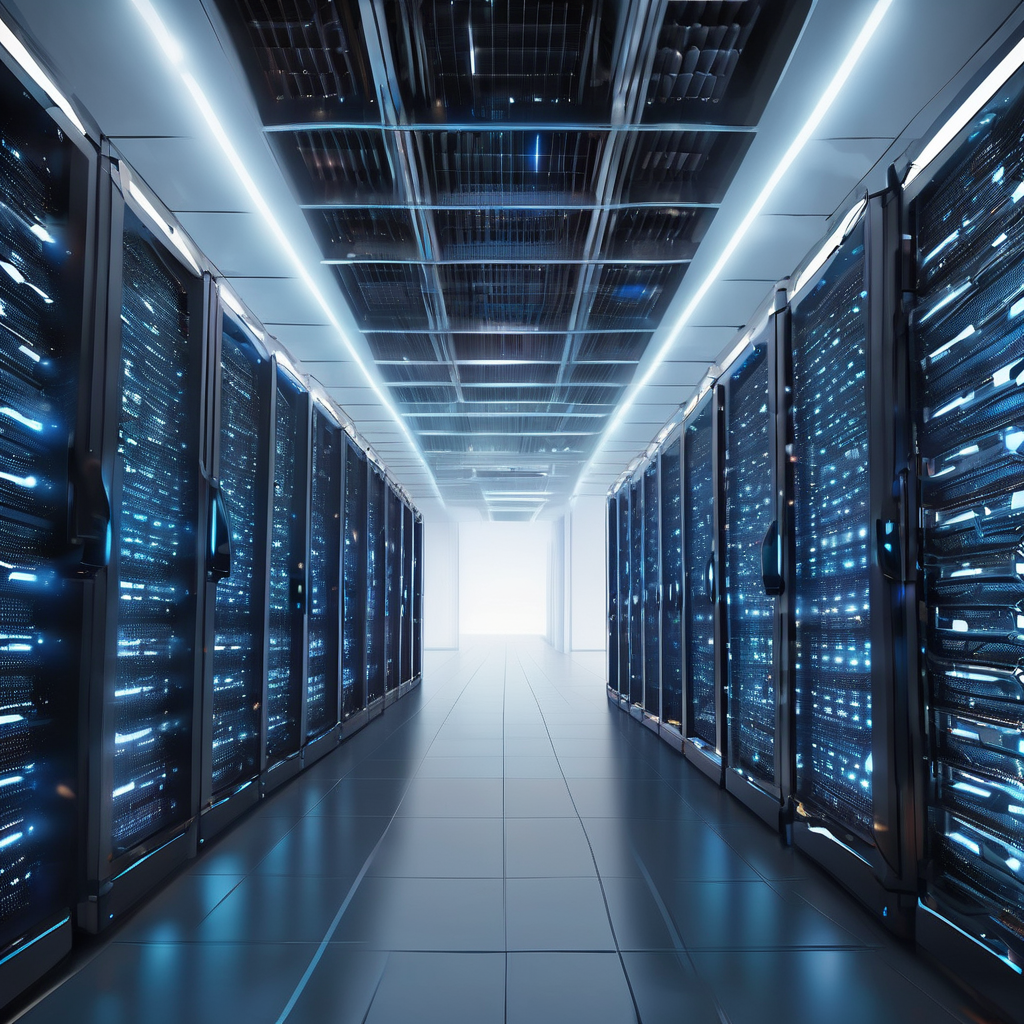
Coca-Cola, long celebrated for its iconic Christmas advertising, has met significant backlash with its 2025 holiday campaign that heavily incorporates generative AI. Created in partnership with AI studios Silverside and Secret Level, the new “Holidays Are Coming” ad replaces nostalgic human elements with poorly animated animals like polar bears, pandas, and sloths. This shift from traditional festive charm to inconsistent, awkward visuals has left many fans disappointed. This article reviews the negative reaction to Coca-Cola’s latest AI-driven campaign, traces the audience sentiment shift from nostalgia to frustration, and outlines important takeaways for marketers balancing cost efficiency with creative quality. **Quick overview:** - What happened: Coca-Cola intensifies AI use - Sentiment shift: nostalgia fades, frustration rises - Lessons for marketers **Coca-Cola doubles down on AI** For the second consecutive year, Coca-Cola’s Christmas ads lean heavily on generative AI. In 2024, their first AI-powered ad was criticized for uncanny and awkward animation. Despite this, the company expanded its AI use in 2025, focusing on animated animal characters instead of humans to avoid unsettling visuals. Yet, viewers find the animation inconsistent—jumping between realistic and cartoonish styles—and only minor improvements are noted, such as wheels turning more naturally on the famous Coke trucks. Even with a large team of around 100 people, including five AI specialists who generated over 70, 000 clips, the campaign has attracted more negative feedback than holiday spirit. **Sentiment shift: nostalgia out, frustration in** Social media analysis by CARMA reveals positive reactions dropped sharply from 23. 8% before the campaign to 10. 2% after launch, while negative sentiment increased slightly from 31. 4% to 32%. Critics lament the loss of emotional warmth and holiday magic that defined earlier Coke ads, accusing the brand of favoring AI-driven cost cuts over storytelling and tradition. One popular comment labeled the ad “a sloppy eyesore, ” echoing wider disappointment. **What marketers should know** Coca-Cola’s AI holiday ad serves as a warning—not just a creative misstep but a lesson for brands embracing generative AI to speed up production and reduce expenses. Key takeaways include: 1. **Cost savings can’t replace brand magic:** While Coca-Cola’s CMO Manolo Arroyo admitted AI condensed the production timeline from a year to a month and cut costs, the shortcut adversely affected brand reputation.
Holiday ads depend heavily on emotional resonance and cultural significance, which shouldn’t be sacrificed for efficiency. 2. **AI use doesn’t exempt brands from criticism:** Coca-Cola previously faced backlash for an AI-generated ad referencing a fictional book, showing the pitfalls of quick AI adoption. Marketers must ensure transparency, thorough testing, and strong creative oversight when deploying AI in public campaigns. 3. **Audience expectations for quality are rising:** With AI tools advancing rapidly (e. g. , OpenAI’s Sora 2, Google’s Veo 3), consumers expect polished, coherent content. Novelty alone won’t excuse poorly executed campaigns. Maintaining high standards in quality control, visual consistency, and storytelling remains crucial. 4. **Brand trust is at stake:** Persisting with AI despite criticism signals a strategic shift that risks alienating loyal customers. In heritage-focused sectors like food and beverage, AI should enhance rather than replace authentic brand narratives. In sum, Coca-Cola’s holiday campaign illustrates the complex trade-offs in AI adoption. Although faster and cheaper, the result has left audiences cold, risking damage to brand equity that may outweigh cost benefits. For marketers embracing AI, the key message is clear: use AI to complement, not substitute, the elements that make your brand beloved.
Coca-Cola’s 2025 AI-Driven Holiday Campaign Sparks Backlash and Frustration


SMM Pilot is an advanced AI-powered growth platform transforming how small and medium-sized businesses (SMBs) in eCommerce and affiliate marketing enhance their social media presence and digital marketing strategies.

AI is transitioning from a promising concept to an integral part of marketing operations.

Kling AI, created by Chinese tech firm Kuaishou and launched in June 2024, is a significant breakthrough in AI-powered content creation, specializing in converting natural language texts into high-quality videos.

Artificial intelligence is fundamentally reshaping the field of SEO analytics, ushering in a new age of data-driven marketing strategies.

CoreWeave, a leading AI infrastructure provider, has seen a significant valuation increase as it expands within the rapidly growing AI sector.

In recent years, artificial intelligence (AI) has transformed many industries, notably advertising, by enabling rapid, large-scale content creation.

"Generative AI represents the most significant technological advancement in recent decades.
Launch your AI-powered team to automate Marketing, Sales & Growth

and get clients on autopilot — from social media and search engines. No ads needed
Begin getting your first leads today